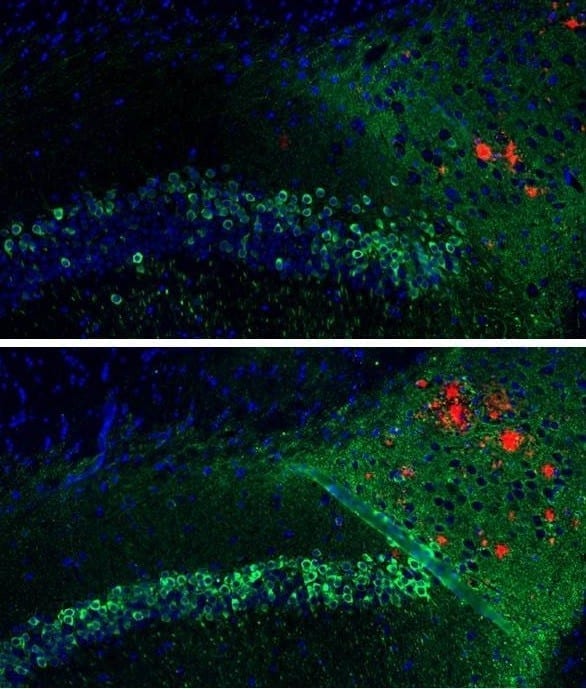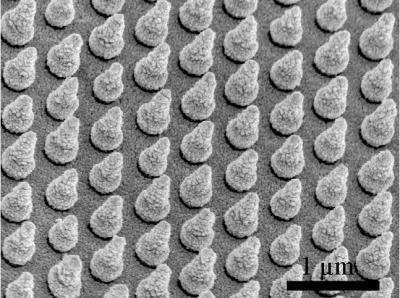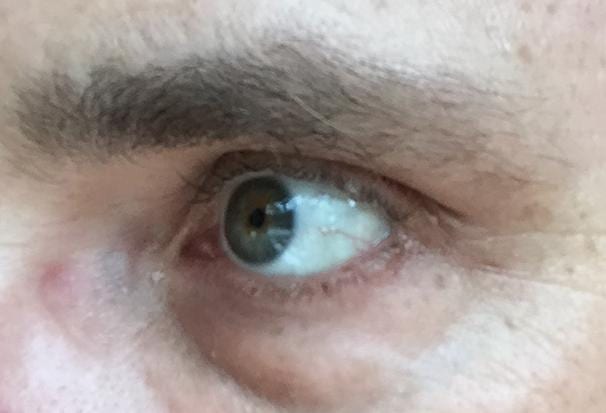
A small clinical trial of 10 patients with early Alzheimer’s disease has shown that the memory loss and cognitive impairment can be reversed.
Not only were improvements sustained, but some patients returned to work, regained their ability to speak different languages, and showed an increase in brain matter volume after just a few months.
“All of these patients had either well-defined mild cognitive impairment, subjective cognitive impairment, or had been diagnosed with Alzheimer’s disease before beginning the program,” says one of the team, Dale Bredesen, University of California, Los Angeles. “Follow up testing showed some of the patients going from abnormal to normal.”
The study investigated the effects of a new kind of personalised treatment on the cognitive abilities of 10 patients who were experiencing age-related decline.
The treatment – called metabolic enhancement for neurodegeneration, or MEND – is based on 36 different factors, including changes in diet, exercise, and sleeping habits, plus the integration of certain drugs, vitamins, and brain stimulation therapy to their regular routine.
These lifestyle changes and treatments were sustained for five to 24 months, and the team from UCLA and the Buck Institute for Research on Ageing in California reports that many of the patients showed real, life-altering improvements as a result.
According to the researchers, this is the first study to objectively show that memory loss in patients can be reversed, and improvement sustained.
“The magnitude of improvement in these 10 patients is unprecedented, providing additional objective evidence that this programmatic approach to cognitive decline is highly effective,” says Bredesen.
Publishing their results in the journal Aging, the team hasn’t gone into much detail about how MEND works, probably because each treatment involves a complex combination of factors that has been specifically designed to treat just one individual, as each person’s version of Alzheimer’s appears to be different.
But they do mention something that all but one of the patients have in common – they are all at genetic risk for Alzheimer’s disease, carrying at least one copy of the APOE4 allele. Five of the patients are carrying two copies of APOE4, which gives them a 10- to 12-fold increased risk of developing the disease, the team explains.
This means there could be some benefit in getting tested for this genetic risk, because patients might finally be able to do something to stall the progression of the disease. Around 65 percent of Alzheimer’s cases in the US involve APOE4.
“We’re entering a new era,” says Bredesen. “The old advice was to avoid testing for APOE because there was nothing that could be done about it. Now we’re recommending that people find out their genetic status as early as possible so they can go on prevention.”
Learn more: Small trial shows memory loss from Alzheimer’s disease can be reversed
The Latest on: APOE4
[google_news title=”” keyword=”APOE4″ num_posts=”10″ blurb_length=”0″ show_thumb=”left”]
via Google News
The Latest on: APOE4
- Buy Rating Affirmed for Lexeo Therapeutics Amid Strategic Cornell Collaboration and Promising Therapy Advancementson April 25, 2024 at 11:07 pm
Leerink Partners analyst Mani Foroohar maintained a Buy rating on Lexeo Therapeutics, Inc. (LXEO – Research Report) on April 23 and set a ...
- Roche Dx Revenues Down 6 Percent in Q1 on Lower COVID Test Sales as Base Business Riseson April 24, 2024 at 11:37 am
Though COVID test sales were behind the decline in revenues, the firm expects there won’t be any further material impact on its sales from such tests.
- Lexeo Therapeutics Announces License Agreement to Accelerate Development of LX2006 for the Treatment of Friedreich Ataxia Cardiomyopathyon April 22, 2024 at 6:30 am
Lexeo Therapeutics gains intellectual property rights including current and future clinical data from ongoing Weill Cornell Medicine ...
- Dementia prevention: How to reduce your riskon April 19, 2024 at 12:00 am
A team of ageing experts, sleep scientists and psychologists at Monash University in Melbourne, are conducting a major study called BetterBrains to see whether personalised lifestyle interventions can ...
- Cognition Therapeutics: Approaching Phase 2 Readout In Alzheimer'son April 18, 2024 at 3:56 pm
Cognition's preliminary data from the SHINE trial showed interesting results, but weren't consistent with other previous studies. See why CGTX stock is a sell.
- UK Evaluating Utility of Blood-Based Markers for Alzheimer's Diseaseon April 17, 2024 at 8:21 am
Two studies, led by researchers at Oxford and University College London, aim to explore whether blood-based markers can speed up diagnoses and improve outcomes.
- Newly identified genetic variant may protect against Alzheimer’son April 17, 2024 at 4:00 am
In a recent study, researchers suggest that a newly identified genetic variant may protect against Alzheimer's disease, reducing the risk of developing this condition by up to 71%.
- Could keto diet delay early Alzheimer's?on April 16, 2024 at 1:13 am
The keto diet has been linked to multiple health benefits, including lowered blood pressure and reduced blood sugar, but could it also help to combat the early stages of Alzheimer’s disease?
- How Air Pollution Damages the Brainon April 12, 2024 at 9:22 am
The new science of "exposomics" shows how air pollution contributes to Alzheimer’s, Parkinson’s, bipolar disorder and other brain diseases ...
- Over the Span of AD, Roles of Astrocytes and Microglia Changeon April 11, 2024 at 5:00 pm
Bellaver speculates that astrocytes change when they sense amyloid buildup in the brain. “They get reactive and progressively lose neuroprotective functions and/or gain novel neurotoxic properties, ...
via Bing News











